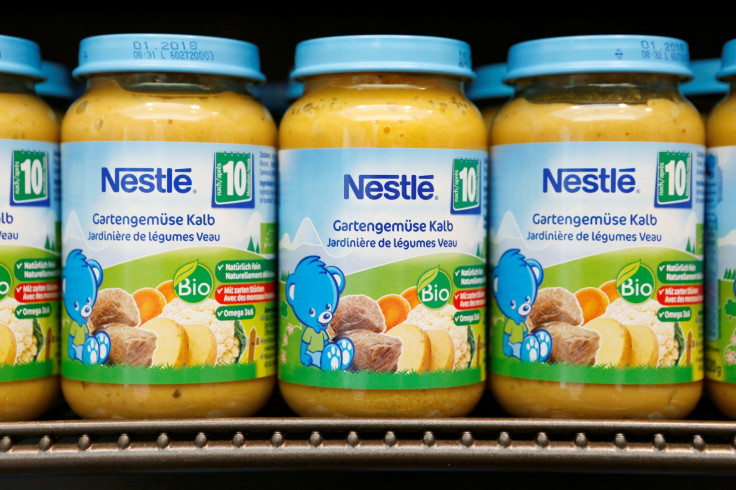Nestle, Danone and Origin Materials team up to develop 100% bio-based plastic bottles
The new plastic will be made from waste such as sawdust, farm crop residues or old cardboard instead of petroleum.

Switzerland's Nestle and France's Danone have teamed up with Origin Materials, a Californian biotech company to form the NaturALL Bottle Alliance. The move is aimed at developing and launching at a commercial scale a greener plastic bottle.
The new 100% bio-based plastic bottles will be made from waste such as sawdust, farm crop residues or old cardboard instead of petroleum. Nestle and Danone said that working together will help speed up the development of the plastic which in turn could also lead to significant changes in the industry.
Klaus Hartwig, head of R&D at Nestle Waters, the bottling division of Nestle, said the idea was to make plastic from renewable raw materials and ensure their proper recycling.
Hartwig said this is better for the environment than "changing the chemistry of your material and hoping it disappears afterwards. The goal that we have is a lighter environmental footprint", he was quoted as saying by the Financial Times.
Frederic Jouin, head of R&D for plastic materials at Danone, said: "I would say 100% of our bottles long term will be made without a drop of oil."
The companies hope to produce commercial quantities of bottles from the new plastic by 2020. They would also make the technology available to the entire beverage industry.
The joint move by the two European companies comes at a time when there is increasing pressure from environmental campaigners on such manufacturers. They are, however, not the first companies in the food products space to initiate such moves. PepsiCo and Coca-Cola, for instance, have for years been competing with each other over who could produce the most environment-friendly plant-based plastic bottle.
Many critics have in the past raised concerns about how biodegradable these newer plastics are. Some have even said that they lead consumers to think they are greener than what they actually are.
Meadhbh Bolger, a resource justice campaigner at Friends of the Earth Europe, said: "We're not completely against bioplastics and they have a role to play. But do we need these single-use plastic bottles in the first place or is there a more sustainable option such as reusable glass?"
© Copyright IBTimes 2025. All rights reserved.





















